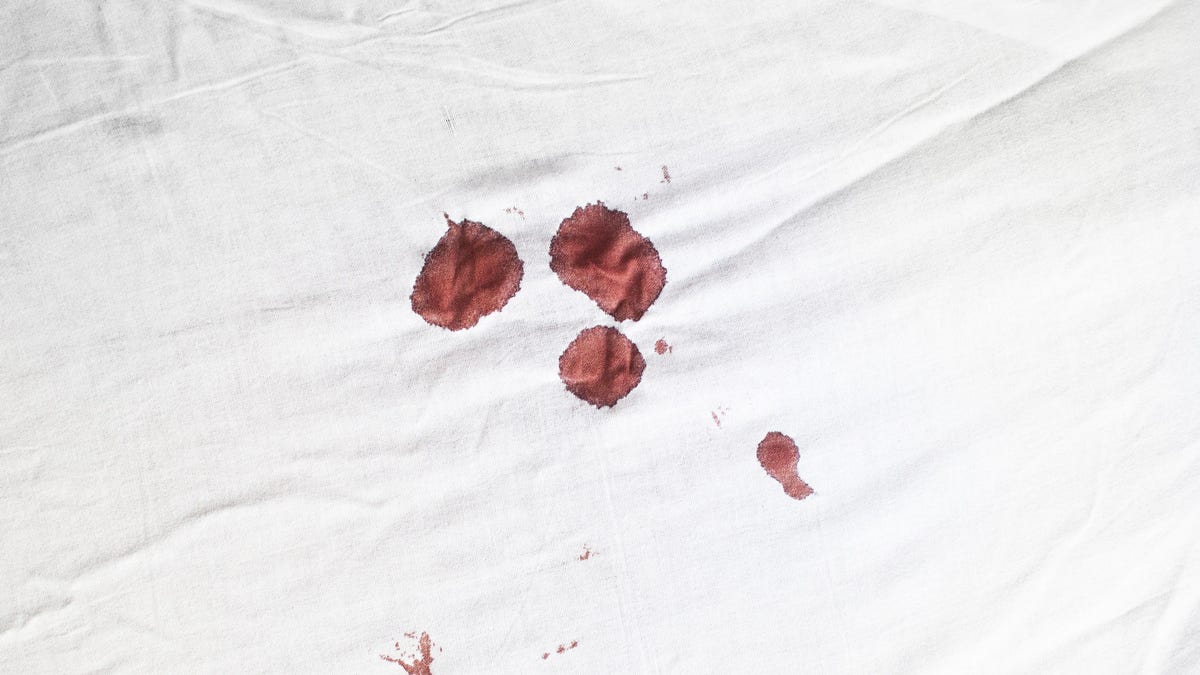
From Teen Vogue (Getty Images)
Getting your period can be frustrating, especially if your pain is bolder than the average body’s, or you feel like your flow is seriously out of control. No one’s body is a perfect, and every single period is different, but there are definitely certain aspects of menstruation that we’d all be better off without, like intense fatigue or too much bloating. When major pain and cramping happen, it can definitely feel like the end of the world for a minute, and finding comfort in knowing that this too shall pass (hopefully within a week) doesn’t always make it easier to deal with.
While we’d all love to retreat to a land of sweat pants and hot chocolate during this part of the menstrual cycle, sometimes shutting down and backing off just isn’t an option. School, work, and pre-scheduled events that you definitely can’t get out of will always happen.
For those times when you really need to solve a problem fast, here are 6 helpful solutions to the worst of the worst of period problems:
1.) Fatigue
For many people, a period and its corresponding PMS means a week of overwhelming exhaustion. In fact, intense fatigue is one of the most commonly reported symptoms of both. The exhaustion comes from hormonal fluctuations, which, when combined with water retention and bloating, can leave you significantly more tired than normal. To combat the desire to sleep for a week, avoid sugar during your period, and try to up your exercise game the week before it hits. If it’s hitting hard, a warm bath might help you feel more relaxed than exhausted.
More From Teen Vogue
2.) Cramping
Bad cramping, like the kind that makes you want to curl up into a ball and never get out, can be linked to several things. A recent study suggested inflammation may be triggering all the pain, so prepping for your period with foods that fight it, like turmeric, could help. Avoid sugar, salt, and too much caffeine, which can all increase the cramping, but get enough fiber, which should help. Yoga can help too! And should relieve you of the some of the clenching that cramps cause.
3.) Acne
Breaking out just before or during your period is common for women, and that's because the same hormonal rollercoaster controlling everything else also affects your skin. Avoiding sugar and salt before your period, and adding extra fruit and vegetables to your diet instead, is a good way to avoid potential pimples. You might also try a deep pore cleanser, like a clay mask, the week before your period. If zits still surface, try treating them with salicylic acid as you normally would, and aim for an oil-free moisturizer to stay hydrated.
4.) Stress
Stress during your period is a real issue because again, your hormones are causing your emotions to spike and plummet on their own time. Especially if you’re prone to anxiety, depression, or mood swings during the rest of the month, your period and PMS can make every little thing seem overwhelmingly important and jarring. Yoga and meditation are definitely your friends here. Take a few minutes to breathe, stretch and clear your head every morning of your period, and your day should go a lot more smoothly.
5.) Irritability
In the same way stress can make small things seem like a much bigger deal on your period, it’s totally common to have less patience during your period, especially if you’re dealing with mood-altering conditions already, such as bipolar disorder. Oddly enough, actual heat can help you take the heat out of your attitude— try a hot water bottle, or a warm bath filled with essential oils. A solid run or other intense cardio can also help you get the anger out in a productive way. Above all, try to talk yourself down when you’re dealing with others. Remember that you’re feeling yourself and your emotions more intensely than normal, and try not to take it out on your friends and family.
6.) Sadness
Your period and PMS may leave you feeling down, sometimes in an an overwhelming way, because again, your hormones are kicking everything into overdrive. Talk to friends and family, or a counselor, if you’re finding yourself seriously out of it or sad during your period. As with irritability, it helps to take a step back and remember that this, too, shall pass. Taking care of the physical aspects with yoga or anti-inflammation techniques can help you feel less overwhelmed by the mental health maintenance. Above all, try to seek out things that make you feel good and laugh out loud during your period, like your favorite gut-busting comedies, or a board game with your best friends. It can be hard to feel social during this time, but it can really help you stay grounded.
If the emotions you’re feeling during your period come on too strongly, and maybe shock or scare you, you might have premenstrual dysphoric disorder, or PMDD. Keep track of your mood month to month by keeping a journal— a few sentences about how you’re feeling will likely suffice, you’re just looking for anything out of the ordinary. If you find that you’re having intrusive or intensely depressive thoughts during or surrounding your period, ask a counselor or doctor about PMDD, and try to work out a treatment plan. Because it’s less explored than many other mental health issues, it can be tricky to diagnose, but understanding that you’re dealing with something a little more intense, and being aware that you need a little more self-care and awareness, is the first step.
If you or someone you know is contemplating suicide, call the National Suicide Prevention Hotline at 1-800-273-8255.
